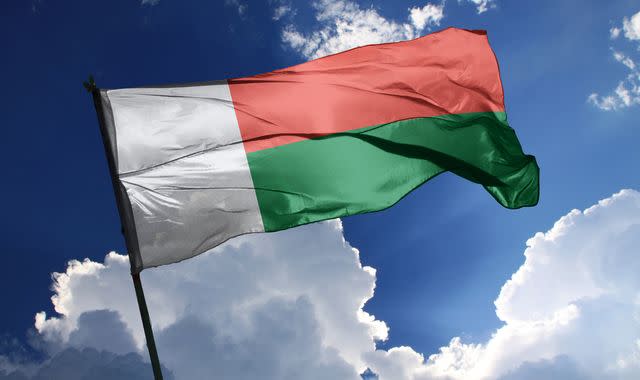ANTANANARIVO, Madagascar — Madagascar’s Parliament has passed a law allowing for the chemical and, in some cases, surgical castration of those found guilty of raping a minor, prompting criticism from international rights groups but also receiving support from activists in the country who say it is an appropriate deterrent to curb a “rape culture.”
Parliament in the Indian Ocean island nation of 28 million people enacted the bill on February 2, and the Senate, the upper house, ratified it last week. It must now be validated by the High Constitutional Court and signed into law by President Andry Rajoelina, who initially brought up the topic in December. His government sought a legal amendment.
Madagascar Is To Castrate Child Rapists, Prompting Criticism But Also Support
Justice Minister Landy Mbolatiana Randriamanantenasoa stated that the measure is required due to a rise in child rape cases. She stated 600 incidences of rape of minors were registered in 2023, with 133 occurring as early as January this year.
“Madagascar is a sovereign country which has the right to modify its laws in relation to circumstances and in the general interest of the people,” he said. “The current penal code has not been enough to curb the perpetrators of these offences.”
According to the law, surgical castration “will always be pronounced” for individuals found guilty of raping a kid under the age of 10. Rape against children from 10 to 13 will be punished with surgical or chemical castration. Rape of children aged 14 to 17 will be punished with chemical castration.
Offenders are now facing harsher punishments, including up to life in jail and castration.
Madagascar Is To Castrate Child Rapists, Prompting Criticism But Also Support
“We wanted to protect children even more. Randriamanantenasoa stated that the penalty is more severe for younger children.
Chemical castration involves the use of medications to block hormones and reduce sexual desire. It is often reversible by discontinuing the medications. Surgical castration is a permanent treatment.
Several countries and states in the United States, including California and Florida, allow chemical castration for certain sex offenders. Surgical castration as a punishment is extremely unusual. The employment of both is quite debatable.
Amnesty International criticised Madagascar’s new law as “inhuman and degrading treatment” that violated the country’s fundamental laws. The law should rather focus on safeguarding victims, said Nciko wa Nciko, an expert for Madagascar at Amnesty.
“On the island, complaint procedures and trials are not carried out anonymously,” he told reporters. “There is a lack of trust in Madagascar’s criminal justice system due to opacity and corruption. Rape victims face regular reprisals. However, the law does not address these issues.
He also stated that surgical castration constituted a problematic criminal sentence if the person who received it was later acquitted of a crime on appeal. He also worries about medical authorities’ ability to perform the surgeries.
Madagascar Is To Castrate Child Rapists, Prompting Criticism But Also Support
Despite the criticism, some activists in Madagascar support the change in the law because nothing else appears to be working.
“There really is a rape culture in Madagascar,” said Jessica Lolonirina Nivoseheno of the Women Break the Silence organisation, which fights against rape and helps victims. “We are in the process of normalising certain cases of sexual violence, also minimising the seriousness of these cases.”
“(The new law) represents progress since it imposes a deterrent punishment. This may deter future assailants… but only if we, as citizens, are aware of the presence and significance of this new sentence.”
SOURCE – (AP)











